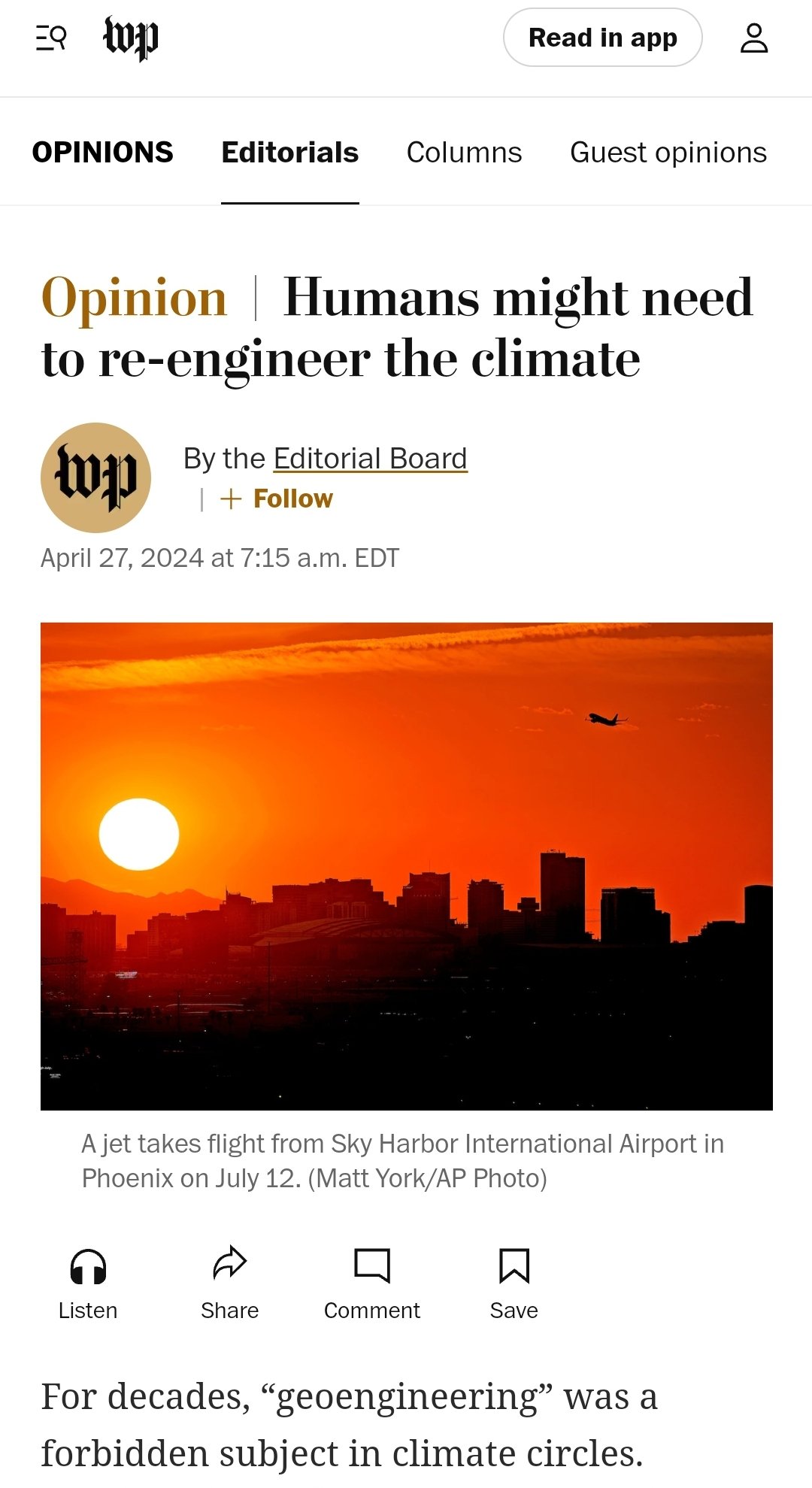Renowned Economics Prof On Climate Model-Based Policy: No “Need To Be A Denier To Qualify It As Methodological Nonsense”!
The online Swiss Neue Zürcher Zeitung (NZZ) has published a commentary by renowned economics professor Silvio Borner, University of Basel, where he sharply criticizes climate models and basing political decisions on them. Photo: University Basel, Peter Schnetz He compares climate forecasts to economic forecasts, where in both fields one runs into a myriad of unpredictable variables and complex, poorly understood interactions that make reliable forecasts impossible – even more so in climate. When it comes to climate, Borner writes that it is a fact the current warming started before industrialization and that CO2 is “partly responsible” for the current warming – as scientifically accepted temperature reconstructions of the past show. In his commentary he looks at the parallels between global economy and global climate, reminding us that we already know that there are huge margins of errors for even short-term forecasts. “They often err even on the algebraic sign“. Interestingly, Borner writes that forcasting the climate system is even more difficult because “we do not know the unknown exogenic causal factors in advance nor are we able to control them politically“. He explains that economists have had (bitter) experiences in trying to forecast economies and that the climate system is an even more unfamiliar system. This is evident, he says, even from weather forecasts which “differ from model to model and are often wrong“. On the usefulness of models, Borner says they are of value, but never “true” due to the numerous assumptions that go into them. He writes: For these reasons, all the ‘doom prognoses’ concerning the limits of growth have all failed grandly.” Due to all the unknowns in the climate system, and the extreme lack of understanding with regards to their interaction, Borner says it is “scientifically irresponsible to fix a relationship between CO2 emissions and global warming, and then calculate from that how much Co2 needs to reduced by 2030 in order to avoid a 2°C temperature rise.” He adds: To qualify that as methodological nonsense, one does not have to be a ‘climate denier’.” Borner believes that it makes sense to reduce CO2, “but not on the backs of the poor countries“. He favors a CO2 emissions certificate trading scheme. He concludes: It is enough to set down the right general framework conditions. State planning or investments lead to chaos.” Take this from a renowned expert in economic modeling – one who understands that the climate system is even more complex, unpredictable and far less controllable. In a nutshell Professor Borner is warning that controlling the climate is a futile endeavor and that basing policy on climate models borders on folly.
— gReader Pro




